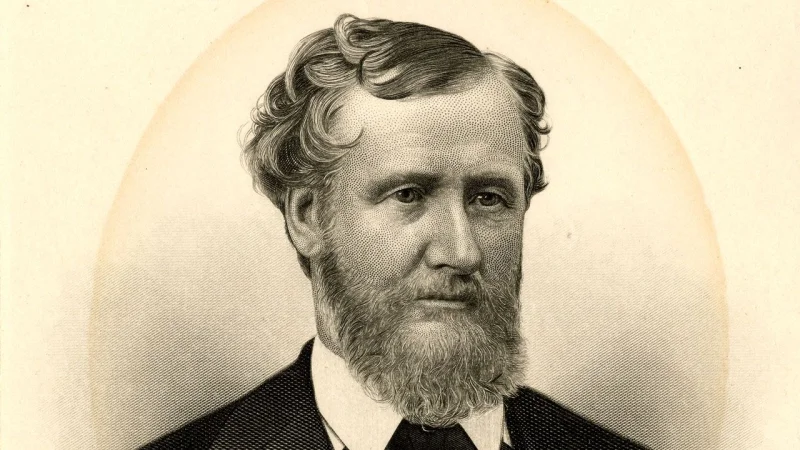Short Summary
John Eccles was a renowned Australian neurophysiologist who made significant contributions to the understanding of the synapse, the point of communication between neurons. He is best known for his pioneering research on the chemical transmission of nerve impulses. Eccles was awarded the Nobel Prize in Physiology or Medicine in 1963 for his groundbreaking work in this area. His discoveries have had a lasting impact on neuroscience, influencing the study of brain function and neurological disorders.
Early Life & Education
John Eccles was born on January 27, 1903, in Melbourne, Australia. He was the son of William James Eccles, a schoolteacher, and Mary Carew Eccles. From a young age, Eccles exhibited a keen interest in science, which was nurtured by his family. He attended Melbourne High School before enrolling at Melbourne University, where he studied medicine. Eccles later pursued postgraduate studies at Oxford University under the tutelage of Sir Charles Sherrington, a leading figure in neurophysiology. This mentorship profoundly influenced his scientific career, setting the stage for his future contributions to the field.
Career Highlights
After completing his studies at Oxford, Eccles returned to Australia, where he began his academic career at the University of Sydney. His research focused on understanding the mechanisms of synaptic transmission. In the 1950s, Eccles moved to the Australian National University, where he continued his groundbreaking work on synapses and neurotransmitters. His experiments on nerve cells and muscle fibers provided crucial insights into how nerve impulses are transmitted. Eccles’ work culminated in the publication of several influential papers and books, establishing him as a leading authority in neurophysiology.
Major Achievements
- Awarded the Nobel Prize in Physiology or Medicine in 1963 for discoveries concerning the ionic mechanisms involved in excitation and inhibition in the peripheral and central portions of the nerve cell membrane.
- Published numerous influential books on neuroscience, including "The Physiology of Synapses" and "The Understanding of the Brain."
- Contributed extensively to the understanding of synaptic transmission, which laid the foundation for modern neuroscience.
Famous Quotes
- "I want to understand the mind of God, the rest is details."
- "To be a scientist is to be naive. We are children forever, asking new questions and believing that there is something to find out."
Interesting Facts
- Eccles initially considered becoming a priest before deciding to pursue a career in science.
- He was knighted in 1958 for his services to science.
- In addition to his research, Eccles was an advocate for science education and actively promoted the importance of scientific inquiry.
Legacy / Influence
John Eccles’ work has had a profound impact on the field of neuroscience, particularly in understanding how neurons communicate. His research on synaptic transmission has influenced the development of treatments for neurological disorders and enhanced our understanding of brain function. Eccles’ legacy is evident in the ongoing research that builds upon his foundational discoveries, making him a pivotal figure in the history of neuroscience.
FAQ
Q: Why is John Eccles famous?
A: John Eccles is famous for his pioneering research on synaptic transmission, which earned him the Nobel Prize in Physiology or Medicine in 1963.
Q: What were John Eccles' major contributions to science?
A: He contributed significantly to understanding the ionic mechanisms in nerve cell membranes and neurotransmission.
Q: Did John Eccles receive any honors for his work?
A: Yes, he was knighted in 1958 and awarded the Nobel Prize in 1963.










